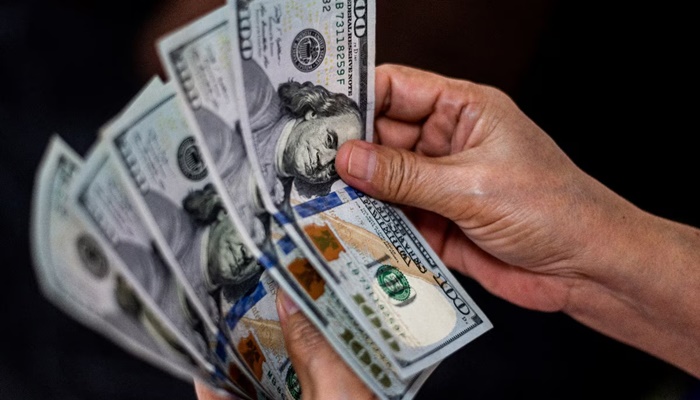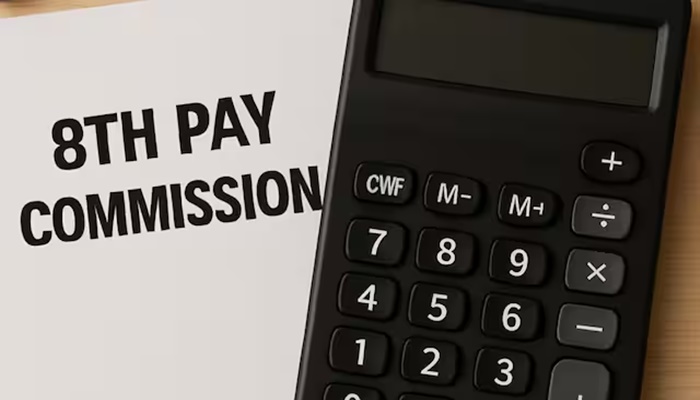The Supreme Court has recently granted relief to five retired employees of the Odisha judiciary department who had mistakenly received excess salary arrears. The Supreme Court ruled that such excess payments made to employees cannot be recovered if the employees did not engage in any fraud or misrepresentation that led to the erroneous payment.
The pertinent details of this case indicate that these five retired employees served as stenographers of Grade-I and Personal Assistant cadre in the Cuttack district judiciary department, Odisha. In 2017, they received financial benefits totalling Rs 26,034, Rs 40,713, Rs 26,539, Rs 24,683, and Rs 21,485, credited to their bank accounts, due to their retrospective promotion to Stenographer Grade-I, Grade-II, and Grade-III.
The financial benefits they received (arrears of salary) resulted from the interpretation of the Shetty Commission’s report, which made them eligible for these higher pay scales and promotions. After receiving these benefits in 2017, they retired from their respective positions in 2020.
Three years after retirement and six years following the granting of the financial benefits, the Odisha District judiciary department, Cuttack, ordered the recovery of the said amount. The decision was based on the assertion that extending the benefits of the Shetty Commission’s recommendations to them was based on an erroneous interpretation of those recommendations, thereby rendering the financial benefit subject to recovery.
The Cuttack Judiciary department issued orders dated September 8 and 12 of 2023 and directed the five retired employees to deposit the excess drawn salary arrears.
Since these orders were issued without providing the now-retired employees any opportunity to be heard, they filed a writ petition before the Odisha High Court, which was consequently dismissed under the impugned judgment order dated November 9, 2023.
These retired employees then filed an appeal in the Supreme Court, and on April 4, 2025, they won. Read the story to know the full details of the case and understand why they won even though they were erroneously given excess salary arrears.
The employees’ lawyer said they were granted financial benefit without there being any fraud or misrepresentation by them
The counsel appearing for the retired employees argued in the Supreme Court that they were granted financial benefit without there being any fraud or misrepresentation by them; therefore, recovery of the amount after three years of their retirement is illegal and arbitrary. It was also argued that the Odisha High Court has failed to consider the settled legal position in light of decisions of the Supreme Court wherein such recovery from a low-paid employee after retirement has been held bad in law.
The Cuttack judiciary dept’s lawyer said that employees signed an undertaking to return any excess payments received
The lawyer representing the Cuttack judiciary department said before the Supreme Court that the retired employees were not entitled to the financial benefit extended to them, and the order passed by the District Judge, Cuttack, was affirmed by the High Court of Orissa in exercise of an administrative power; therefore, the recovery is justified.
It was also argued that such financial benefit upon retrospective promotion was granted with the condition that the excess amount, if any, paid shall be refunded by the said employees, and they have furnished their respective undertakings to the said effect; therefore, they are estopped from challenging the recovery of this erroneous payment.
Issue of consideration before the Supreme Court
Justice PS Narasimha and Justice Prashant Kumar Mishra of the Supreme Court in its judgment (2025 INSC 449) dated April 4, 2025, said that the issue falling for their consideration is not about the legality of the retrospective promotion and the financial benefit granted to the appellants (retired employees) on May 10, 2017.
The issue for consideration is whether recovery of the amount extended to the appellants (retired employees) while they were in service is justified after their retirement, and that too without affording any opportunity of hearing.
Analysis of the Supreme Court
The Supreme Court said that the law in this regard has been settled by the Supreme Court in judgments rendered time and again; Sahib Ram vs. State of Haryana (1995) Supp (1) SCC 18, Shyam Babu Verma vs. Union of India (1994) 2 SCC 521, Union of India vs. M. Bhaskar (1996) 4 SCC 416 and V. Gangaram vs. Regional Jt. Director (1997) 6 SCC 139 and in a recent decision in the matter of Thomas Daniel vs. State of Kerala & Ors. (2022) SCC online SC 536.
The Supreme Court said that they have consistently taken the view that if the excess amount was not paid on account of any misrepresentation or fraud on the part of the employee or if such excess payment was made by the employer by applying a wrong principle for calculating the pay/allowance or on the basis of a particular interpretation of a rule/order, which is subsequently found to be erroneous, such excess payments of emoluments or allowances are not recoverable.
The Supreme Court said that it was held that such relief against the recovery is not because of any right of the employee but in equity, exercising judicial discretion to provide relief to the employee from the hardship that will be caused if the recovery is ordered.
The Supreme Court said in this case, the retired employees were working in the post of stenographers when the subject—‘illegal payment’—was made to them.
The Supreme Court said that it is not reflected in the record that such payment was made to them on account of any fraud or misrepresentation by them. It seems when the financial benefit was extended to the appellants by the District Judge, Cuttack, the same was subsequently not approved by the High Court, which resulted in the subsequent order of recovery.
The Supreme Court also said that it is also not in dispute that the payment was made in 2017, whereas the recovery was directed in 2023. However, in the meanwhile, the appellants (retired employees) retired in 2020.
The Supreme Court also said that it is an admitted position that the appellants (retired employees) were not afforded any opportunity of a hearing before issuing the order of recovery.
The Supreme Court said: “The appellants (retired employees) having superannuated (retired) on a ministerial post of Stenographer were admittedly not holding any gazetted post as such applying the principle enunciated by this Court in the above quoted judgment, the recovery is found unsustainable.”
Supreme Court final judgement
Judgement: “For the aforestated, we are of the considered view that the appeal deserves to be allowed. Accordingly, we allow the appeal and set aside the order of the High Court, and in consequence, the orders dated 12.09.2023 and 08.09.2023 by which the appellants were directed to deposit the excess drawn arrears are set aside.”




















